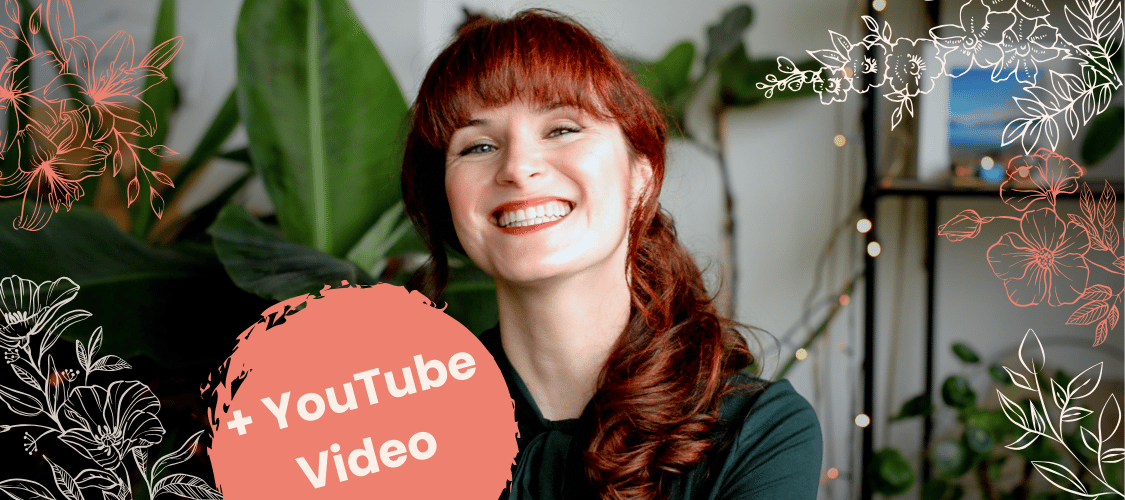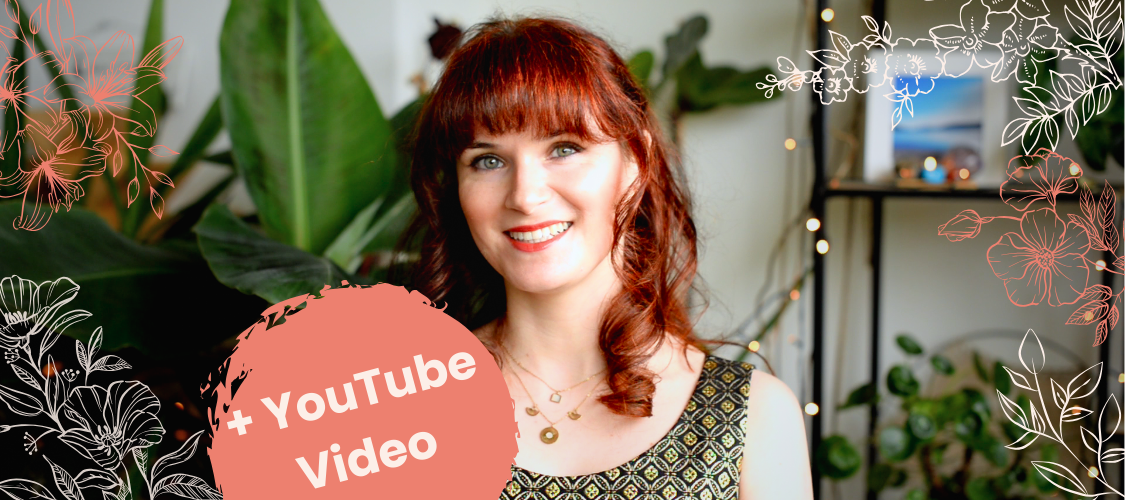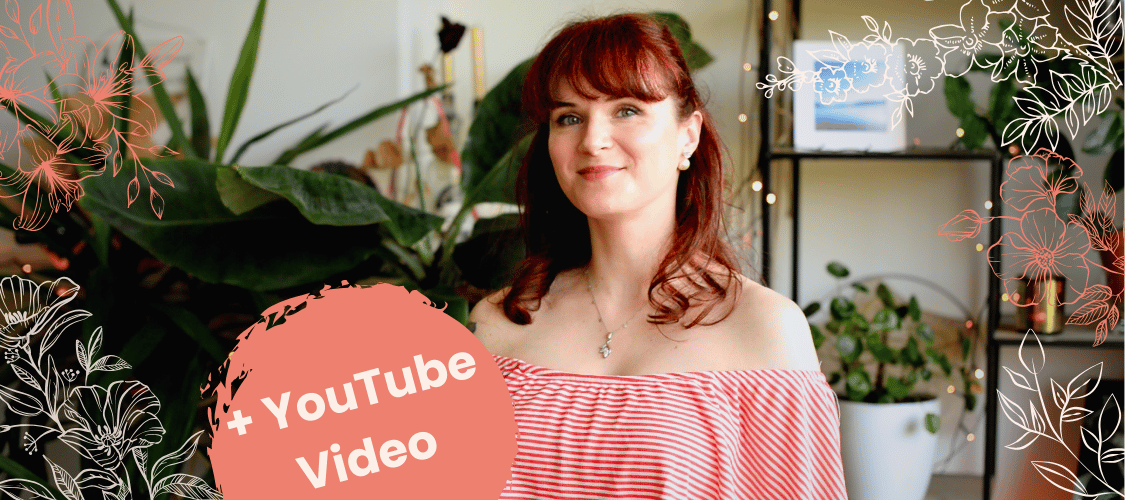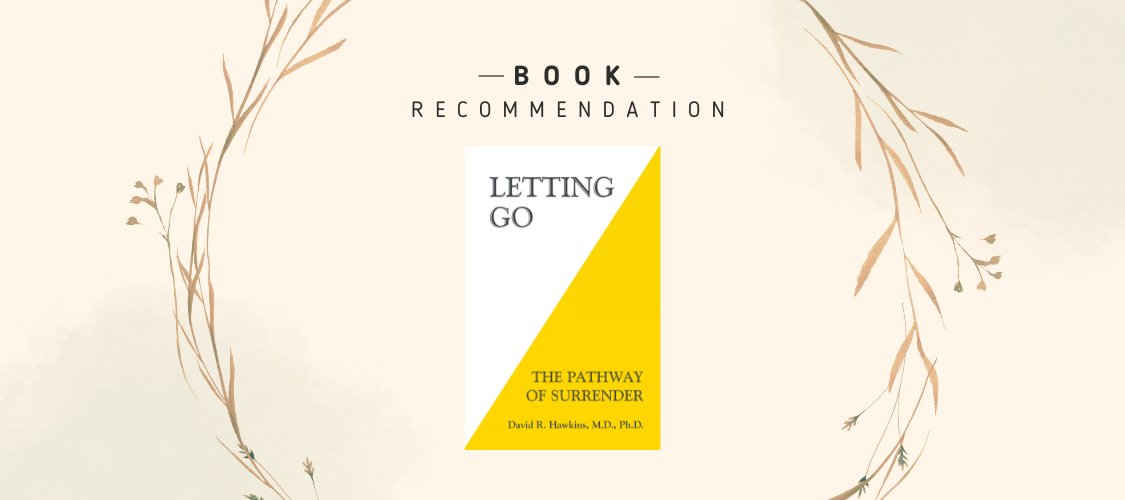Have you ever wondered why, despite all your efforts, happiness feels just out of reach? If you’ve grappled with questions about happiness and found yourself coming up short, let’s dive into what may be holding you back. In this post, we’ll explore why you’re still unhappy, what happiness really means, why we often confuse it with fleeting emotions, and, most importantly, how to shift from pursuing happiness to simply experiencing it.

Watch the Featured Video – The Real Reason You’re Still Unhappy
The Illusion of Chasing Happiness
Most of us have heard that “money can’t buy happiness,” yet society continues to equate success, wealth, and possessions with joy. Why is that? Our culture places a huge emphasis on external achievements as the pathway to satisfaction, but this way of thinking can actually distance us from genuine happiness. In truth, happiness is a state of being rather than a destination. It’s not the rush of pleasure or thrill from achievements, but a baseline sense of contentment with yourself and the world around you.
To be truly happy, there must be no reason for happiness. It’s about embracing a state of being rather than pursuing a goal. I am happy because I am. Because I embody love, bliss, happiness, and fulfilment. However, in our quest for joy, we often find ourselves chasing happiness as if it were a destination. So, let’s explore why you’re still unhappy and what happiness truly means and how we can shift our mindset from pursuit to presence.
Me and My Faith in the Opposite of Happiness
As a lifelong pessimist, I spent years convinced that happiness was a genetic lottery I never won. But what if I told you that happiness is something we can all cultivate? My go to was Murphy’s Law and it was before I was even aware of something like Law of Attraction: with Murphy’s Law on one end of the spectrum and Lucky Girl Syndrome on the other. I believed that what can go wrong, probably will. I would prepare scenarios B and C because I didn’t believe that things can just work on the first try.
And I was often proven right, unsurprisingly. I was suppressing the feeling of happiness in the name of “this is just who I am”, not knowing that my beliefs create my reality and produce my pessimistic thoughts. When we shift our mindset—trusting in the possibility of positive outcomes and letting go of the need for control—happiness becomes a choice, not a distant hope.
If happiness feels out of reach, it could be because you’re conditioned to tie your joy to conditions—whether that’s securing a promotion, finding the perfect relationship, or achieving a goal. These conditional “when I get X, I’ll be happy” approaches often end up being barriers. For many of us, the habit of waiting for external markers to create internal peace becomes a constant loop. It’s as if we’re trying to fill a well that keeps draining, no matter how much we pour into it. The real shift happens when we start to see happiness as something that comes from within, rather than something we pursue.

What Really Defines Happiness?
Happiness isn’t a continuous state of excitement or even a constant positive feeling. It’s the calm baseline we return to after both the highs and lows. This baseline—or “baseline happiness”—reflects the emotional steadiness you feel from day to day. It’s not about achieving a specific state but cultivating a resilient, grateful mindset, supported by a sense of purpose and connection.
When we become less attached to specific outcomes and let go of the idea that happiness is tied to “having more” or “being better,” it becomes easier to find contentment right where we are. This shift in mindset allows us to become more present and grounded, and less susceptible to the idea that our happiness is controlled by factors outside ourselves.
Building a Foundation for True Happiness
The key to happiness lies in self-regulation, mindfulness, and living in the present. Here are some steps you can take to cultivate a more stable and fulfilling sense of happiness:
1. Learn to Regulate Your Emotions
Our emotions are fluid, constantly changing in response to the world around us. While we often embrace positive emotions, we tend to resist negative ones, analyzing their causes and blaming outside sources. This approach, however, actually magnifies these emotions rather than allowing them to pass. Instead, try letting emotions flow through you without overanalyzing them. This practice helps you detach from needing constant positivity and instead embrace a balanced range of emotions.
2. Embrace the Rule of Thirds
It’s okay to be happy only a third of the time, feel neutral another third, and struggle in the remaining third. Known as the “rule of thirds,” this concept acknowledges that life is not about constant happiness but about balance. Happiness isn’t meant to be a permanent state, nor is it a sign of failure when we don’t feel it. Life’s ups and downs provide valuable contrast, and acceptance of this rhythm allows for a deeper peace with life’s natural ebb and flow.

3. Clarify Your Desires and Intentions
If you’re stuck on the “expected path” or following what others deem right, you may be ignoring your own dreams and desires. Reflect on what truly brings you joy and align your actions with these values, not with what society or others expect. Often, we suppress our desires, fearing they’re “too much” or “unrealistic,” yet this only leads to frustration and unfulfilment. Reclaim your sense of agency by setting intentions based on what you truly want—not on the expectations or standards of others. Not knowing what you want is why you’re still unhappy and it’s the reason why you can never find lasting peace.
4. Let Go of Attachments
It’s one thing to want something; it’s another to cling to it. Attachment can lead to suffering, as it places undue weight on specific outcomes. Instead, observe your desires without letting them become dependencies. Whenever you feel intense attachment, pause, breathe, and return to your core self, free from the need for anything external to validate you. The Buddha taught that attachment leads to suffering, and in detaching from our wants, we actually create more room for peace and acceptance.
5. Romanticize Your Daily Life
Transform your everyday routines into small celebrations. Rather than going through the motions, introduce joy into the mundane—light a candle during chores, enjoy the smell of your morning coffee, or listen to music while tidying up. These small moments, when savoured, add up to a life where happiness becomes less about what you accomplish and more about what you appreciate in each moment.
‘I recommend Heaven Sent Honey YouTube channel to learn how to live a life of beauty in the world of basic ugliness. I love her videos and they always inspire me to find joy in small things and romanticise even the mundane tasks.
Letting Go of Limiting Beliefs About Happiness
Limiting beliefs—like “I’ll never be happy” or “I need X to feel content”—hold us back from experiencing the joy that’s within reach. Reflect on the limiting beliefs you hold about happiness and consider challenging them. Journaling can be helpful here; jot down any thoughts or beliefs you notice, and question their validity. With time, you can replace these beliefs with empowering ones that support your happiness.
Read more about how you can help you identify your limiting beliefs.
Conclusion
Happiness is already within you but chasing it is why you’re still unhappy. It isn’t a far-off goal to chase but an experience available to you right now. By shifting your focus away from the external and aligning with your inner sense of peace, you’ll find that happiness becomes a natural state rather than an elusive pursuit. The journey is less about acquiring and more about accepting—and the more you embrace this approach, the closer you’ll come to lasting joy. Remember, happiness isn’t a destination. Happiness is a way of being.
Recommended next post to read:
A 5-STEP GUIDE HOW TO MAKE THE MOST OF YOUR SINGLEHOOD
WHAT CAN JEALOUSY TEACH YOU ABOUT YOURSELF
HOW TO WORK ON YOUR SELF-CONCEPT FOR LOVE







